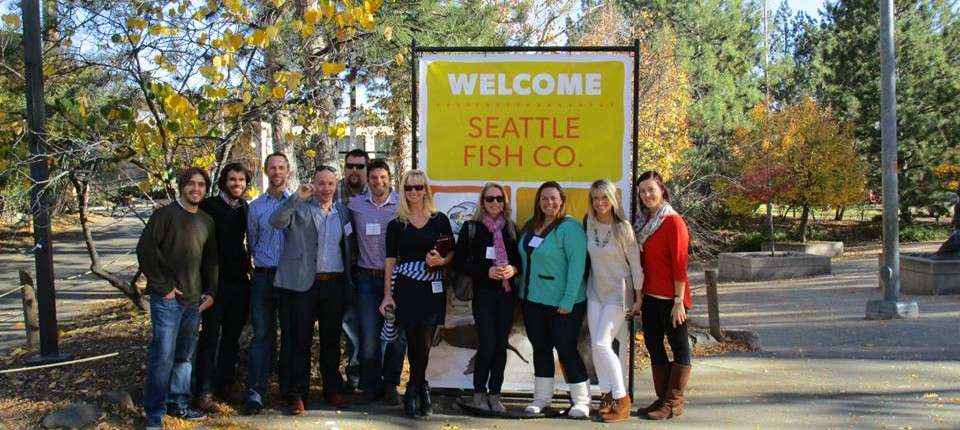“It’s smart for us to be able to participate in personal dialogue about sustainability with some really smart partners, conservation organizations, chefs, users and consumers – that’s what drives our business,” Derek Figueroa told the crowd of onlookers at the Seattle Fish Sustainability Conference, which took place on October 29 at the Denver Zoo. “We’re going to take a journey,” he said, “and hopefully we can all learn some things and commit to each other as partners to make a step toward improving sustainable seafood practices and policies.”
Now in its fourth year, the annual thought forum, which trumpeted several seafood industry experts, including Figueroa (COO of Seattle Fish Co.); Kathryn Novak (Sustainable Fisheries Partnership); Sam Grimmley (Sustainable Fisheries Partnership / Sea Pact); and Rich Boot (FishChoice.com), gave attendees an enlightening and engaging overview of the evolution of seafood sustainability, highlights of Seattle Fish Co. successes over the past year and its goals for 2015, an in-depth cheat sheet outlining the ease and attributes of using the revolutionary Sustainable Seafood Calculator, a co-creation from Seattle Fish Co. and FishChoice.com, and an update on Sea Pact, of which Seattle Fish Co. is a founding member.
Here are some of the key takeaways from the conference:
Sea Pact is accepting RFPs from seafood industry companies, academic institutions, conservation organizations and other NGO’s who are looking to secure project funding for gear improvements, data collection, fisheries management, habitat restoration, etc. Project funding currently ranges from $10,000 to $30,000, and proposals, which are reviewed – and voted on – by members, require unanimous approval. SeaPact.org
In 2014, Seattle Fish Co. earned two environmental certifications, invested in improved operational practices, increased financial and leverage support for Fishery Improvement Projects, formed a collaboration with Sustainable Fisheries Partnership to make targeted improvements and began a comprehensive self-assessment program that includes collecting data on specific fisheries and sources in an effort to track our purchasing activity.
Sustainable Fisheries Partnership, which works specifically within the supply chain, reiterated that great achievements have been made in sustainability practices, but that it’s crucial to keep asking questions as the industry faces new oceanic challenges, including ocean acidification.
Seattle Fish Co. issued a challenge to the seafood industry to use the free Sustainable Seafood Calculator at least once in the next three months and report back on their findings, and we highly encourage our industry to fulfill that challenge. “The calculator is incredibly powerful but so simple,” said founder Rich Boot, adding that FishChoice.com is also looking for a five-person advisory group to assess the calculator.
Improving sustainable seafood practices require us to answer two thought-provoking questions: How do we change the food system? And, second, how do we change our relationship to food? Those questions, initially posed in the New York Times by renowned food journalist Mark Bittman, are paramount, stressed Figueroa, in making progress.
online pharmacy buy levaquin online best drugstore for you
And, according to Bittman, “We need both questions, but in a way,” he adds, “the second one, the littler one, is much more powerful.” Food for thought.

